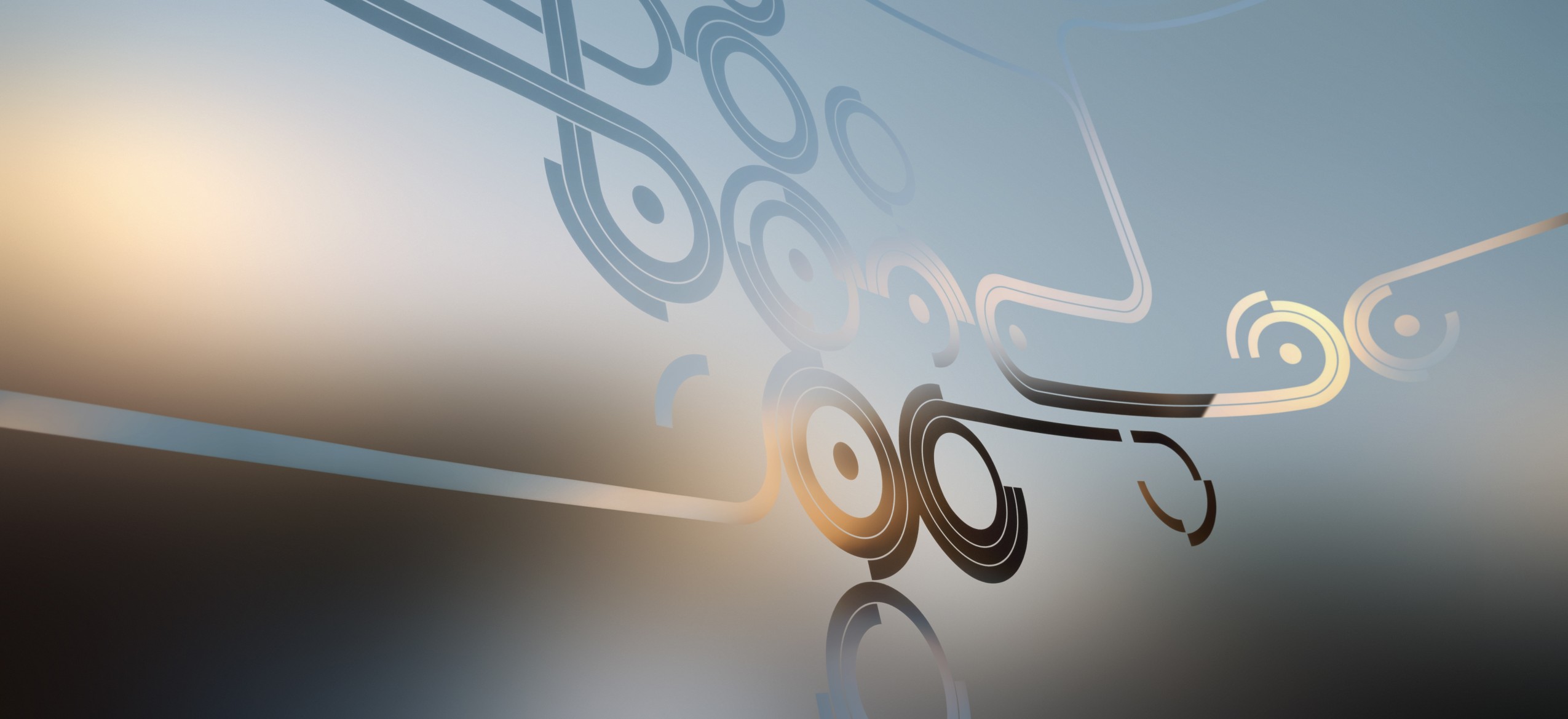Trademark protection
Image cultivation and quality seal
A trademark characterises the origin of products and services. Typical trademarks are therefore names and logos but there are also more exotic forms of trademarks (three-dimensional marks, sound marks, positional marks, etc.).
Protection first exists for ten years and can be prolonged as often as desired. It extends to identical and to confusingly similar trademarks. At the same time, however, a trademark is never protected per se: Trademark protection always arises by assignment to certain goods or services, only. These must be indicated explicitly within the scope of the trademark application.
In Germany and the EU, trademark applications are examined by the competent authorities (German Patent and Trademark Office [DPMA] and Office for Harmonisation in the Internal Market [OHIM]) for their general capability to function as a trademark (so-called absolute grounds for refusal of protection for the mark). For instance, a trademark must be sufficiently distinctive; it must not be (too) descriptive or even have turned into a generic term, etc.
Older confusingly similar or identical trademarks of third parties are first left out of consideration at the official examination. The holders of such rights can, however, lodge an opposition against the trademark registration within three months. The office then examines whether there exists any danger of confusion (so-called relative grounds for refusal of protection for the mark).
The potentially best trademark is a so-called evocative trademark: It has a high recognition value and excellent retentiveness thanks to descriptive connotations. It is, however, exactly these positive characteristics that often necessitate intensive legal discussions between patent agents and the Office concerning the registrability of the trademark. Fine nuances will account for the difference between registration and refusal. A good application strategy (type of trademark, drawing up a list of goods and services, etc.) and outstanding legal argumentation will significantly increase the chances of success for registration.
